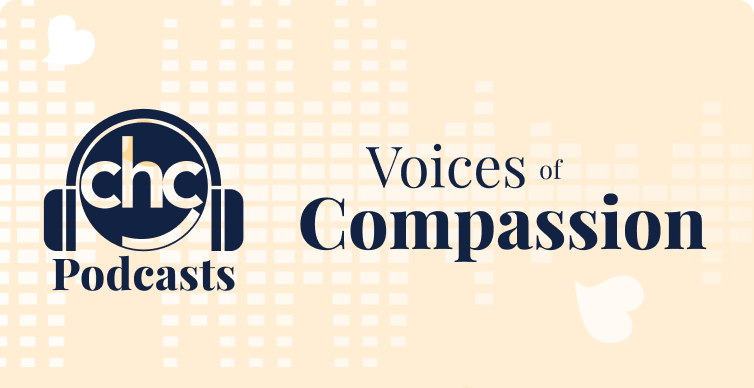About ADHD
In the United States, 5.2 million young people have been formally diagnosed with ADHD (Attention-Deficit/Hyperactivity Disorder). It’s a common neurodevelopmental disorder that is typically diagnosed in childhood, and is a condition that one can learn to manage successfully. Intervening early is critical so that kids and families can learn additional techniques to boost school success, enhance the ability to make and maintain friendships, and strengthen their ability to regulate strong emotions.
As its visibility has increased, ADHD has gained many notable advocates, such as Olympic athletes Michael Phelps and Simone Biles, musician Justin Timberlake, actors Will Smith and Emma Watson and journalist Lisa Ling who have ADHD themselves and work to raise awareness.
Common Signs of ADHD
- Trouble regulating attention
- Restless or fidgety bodies (hard time being still)
- Acting or speaking without thinking things through
- Having trouble controlling impulses
- Excessive talking
- Difficulty starting and completing chores, homework, or meeting deadlines
- Daydreamy
Diagnosing ADHD
There are three subtypes of ADHD: predominantly inattentive, predominantly hyperactive/impulsive, and A combined type (inattentive and hyperactive). Between these different subtypes, the main difference is the presence of hyperactivity and impulsivity. Children with ADHD can often be seen as bright, yet “not motivated;” when in fact they have a neurodevelopmental difference that contributes to increased difficulty in maintaining focus. Those with ADHD are often blamed for “bad behavior,” though in reality, their behavior is rooted in difficulties regulating their impulses, energy, and emotions. Early intervention is critical, so if you have concerns, please reach out to CHC’s Care Team.
Other Factors
Additional issues often overlap with ADHD. For example, anxiety and learning differences can further complicate challenges and solutions. Depending on the degree and complexity of the diagnosis, you may be referred to a specialist such as an educational specialist or occupational therapist to learn lifetime skills and develop productive habits for school and daily routines These specialists will work collaboratively with a psychologist and/or a psychiatrist to be sure you get the best possible care.
How CHC helps with ADHD
CHC has many specialists who are experts at working with ADHD from preschool through adulthood. We offer a comprehensive array of services including screening and evaluations, therapy, parent support, community education and a wealth of free resources in our Online Resource Library. CHC is here for you. If you have concerns, please reach out to our Care Coordinators to arrange an appointment at 650.688.3625.
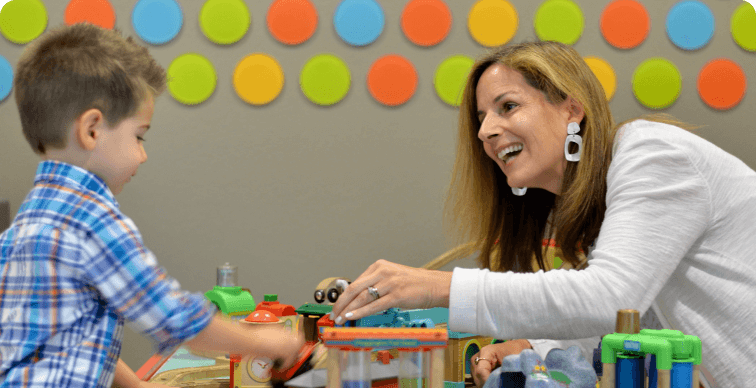
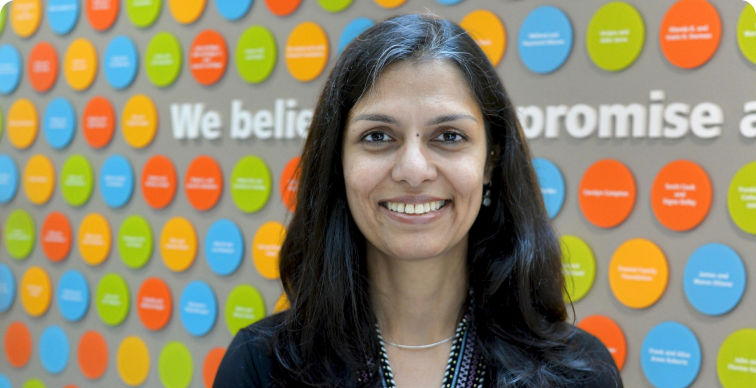
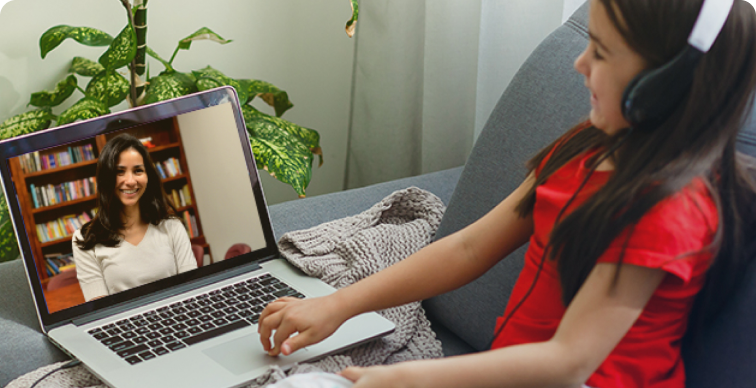
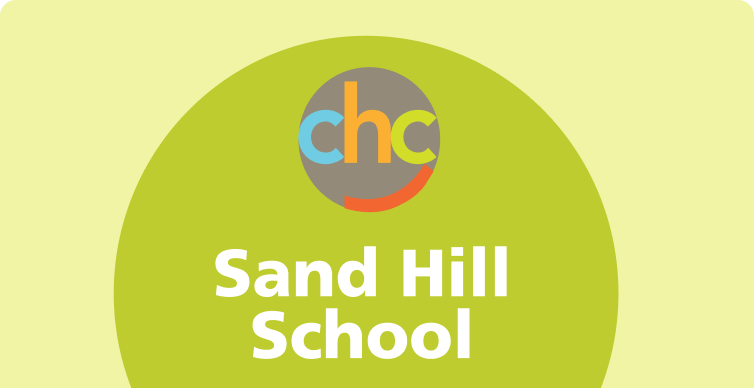
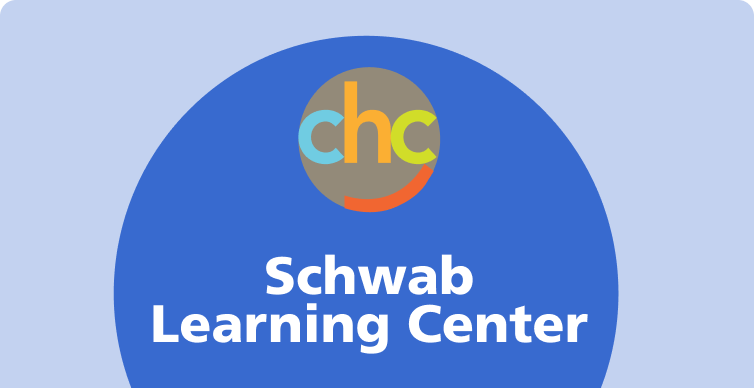
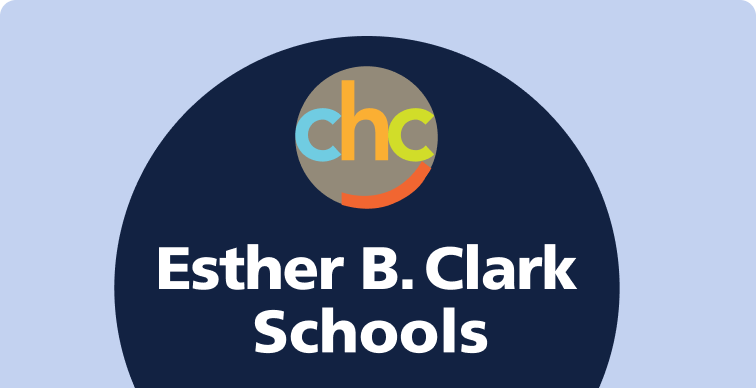
Esther B. Clark Schools
WHERE LIVES ARE TRANSFORMED. EBC CAMPUSES IN PALO ALTO & SAN JOSE
